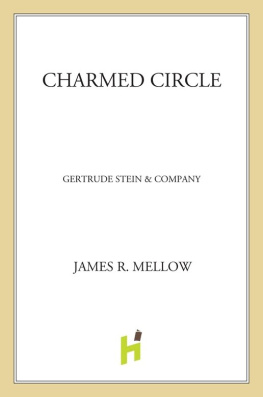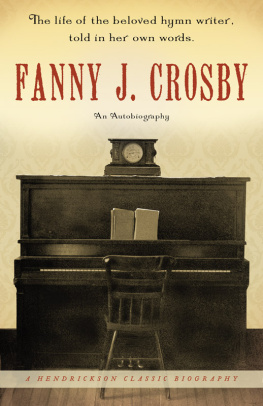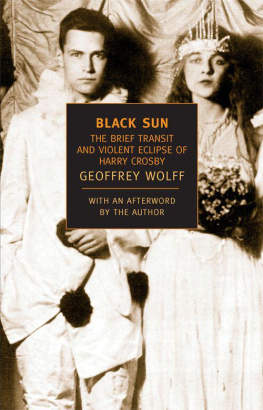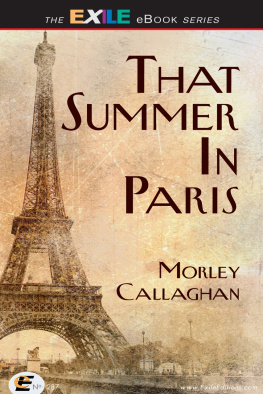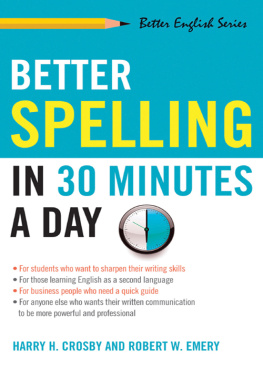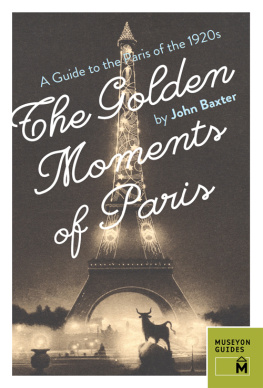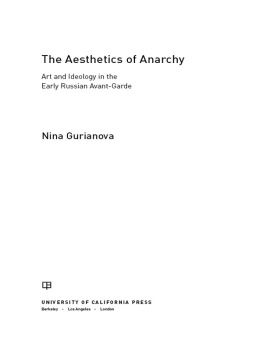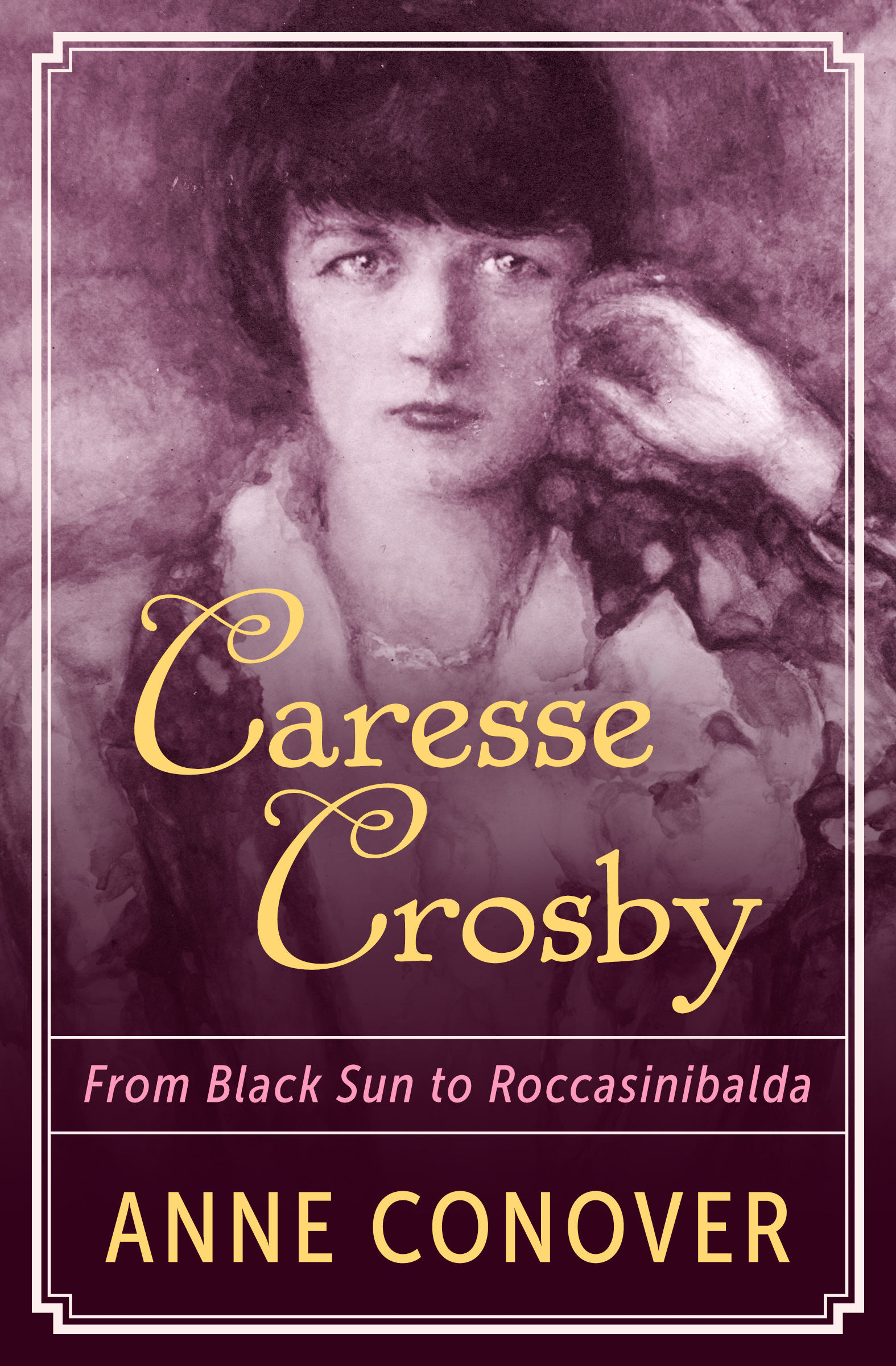Chapter I
THE PASSIONATE YEARS
Those who restrain desire do so because it is weak enough to be restrained .
William Blake
Mary Peabody first noticed Harry Crosby emerging from the subway station in Copley Square. At first glance, he was a slight man, of middle height, almost ungainly in an American Field Service uniform. But she caught a look so completely right that from that moment, I sensed my destiny... (He didnt look like anybody else on the street... or anywhere. He was just different .)
Mary wasnt sure he had noticed her . Yet the next morning, Harrys mother, Henrietta, telephoned to ask if Mary might chaperone her 21-year-old son, a Harvard undergraduate, and a dozen or so of his friends on an Independence Day outing at Nantasket Beach. Everyone in Boston knew about Marys sad plight. They considered her husband, Richard Peabody, yet another casualty of the Great War. He had returned with body intact, but mind out of focus. He tried to replace the close calls and life-threatening thrills of war by chasing fire trucks; to erase the nightmare of mangled bodies by drinking himself to oblivion.
With Dick away at a sanitarium, Marys social life suffered. Henrietta Crosby felt sorry for the attractive young woman kept tightly at home with her parents-in-law and two small children. That night, she seated Mary on Harrys right at dinner. He never spoke once to the girl on the left. Afterwards, at Nantaskets amusement park, they cuddled in a small boat through the Tunnel of Love, and Harry first said, I love you .
In Harrys observations on the dynamics of love, he wrote that a love affair should be as delicate and as swift as a modern pursuit plane. For almost three years he pursued Mary. The fact that she was seven years older and married, to a member of their same social set, with two small babies, never deterred him. He first tried persuasion and vowed a life of good deeds. When that failed, he threatened to kill himself.
This frightened Mary, who also wavered under the censorious gaze of the Boston matriarchs. (What might one expect of a young woman who cut her hair in a sensational Castle bob, wore monkey fur, and fishnet stockingsand worse!painted her fingernails pink!) It was more than a year before she sued Dick Peabody for divorce; by that time, the Crosbys had shipped Harry off to France.
Harry, at 19, had seen his best friend, Spud Spaulding, ripped open by artillery fire at Verdun. In his diary, he commemorated that fateful dayNovember 22, 1917when he metamorphose from boy into man and won the Croix de Guerre . Carrying buckets of amputated limbs from a makeshift operating table, he vowed that if he survived in one piece, he would LIVE the rest of his lifeon his own terms. Most people die of a sort of creeping common sense, he wrote, and discover when its too late that the only things one never regrets are ones mistakes.
BUNNY CANT STAND ANOTHER DAY WITHOUT YOU STOP SAILING AQUITANIA STEERAGE STOP ENGAGED BRIDAL SUITE RETURN TRIP STOP SAY YES YOUR HARRY
Once determined on a course, he would not give up the chase. He bet his Paris flat-mate, Lou Norriebooked for a September 1 sailing home$100 that he could beat Norrie to Manhattan and at last persuade Polly Peabody to marry. The odds were even. Lou arrived in New York, and Harry, who had bribed his way aboard the Aquitania , was on the dock to meet himwith Mary. Before she changed her mind, Harry rushed them both to the Municipal Building just before closing on September 9, 1922, where Leonard Jacob, Marys younger brother, was waiting to give the bride away. (Norrie stood by with the $100, as promised, for the honeymoon.) There was time for a whirlwind round-trip train ride to Washington, D.C., for a strained audience with the grande dame, Henrietta Crosby (staying with Harrys married sister, Kitsa), after which Mary reported that she was made to feel like a two-year-old who had gotten into a forbidden jam jar.
Back in New York, Grandmother Jacob waited at the Belmont with the childrens devoted nanny and the little Peabodys, their small Vuitton suitcases packed for the return trip to Paris.
It had to be that wayI wouldnt leave my children behind, Mary insisted.
The passenger manifest listed Mr. and Mrs. Henry Grew Crosby, ne Mary Phelps Jacob. Passengers noticed the strung-taut young man with intense blue eyes and the attractive woman by his side, obviously on their honeymoon. Theirs was an unusual mnage. An Irish nanny in sensible shoes shared the adjoining stateroom with a towheaded boy just turning six, and Polleen, a girl of almost five. The 24-year-old groom appeared much too young to be their father. Their mother, Polly, had committed the unthinkable treason of divorcing a scion of one of Bostons proudest clans, sailing with her two children and star-crossed lover to the City of Light. I became a rebel when I married Harry, she often said.
The Crosbys joined that flock of post-World War I escapists from Puritan backgrounds on Paris Left Bank. A revolt was growing among young Americans, disillusioned with provincial stuffiness and mores. The expatriates who alighted near the old church of St. Germain des Prs were the vanguard of Gertrude Steins so-called Lost Generation. (The difference was that Harrys Uncle Jack (J. Pierpont) Morgan provided a post with the family bank on the Place Vendme, and his cousin, Walter Berry, intimate friend of Marcel Proust and Edith Wharton, promised letters of introduction to the gratin , gratin of the Faubourg St. Germain.)
Fresh off the boat, the young Crosbys took furnished rooms at the Htel de lUniversit, near the Sorbonne. There were two stuffy cubicles with paper-thin wallssmaller and less glamorous than the boatand too close together to obliterate the childrens noisy laughter during their parents passionate lovemaking. Harrys first diary entry following the wedding noted a popular French novel of that day, Les Desenchantes . In the margin he wrote in his elliptical scrawl, Am I? Harry really wanted an experienced married mistress, not the mother of two. And Marys loyalty was forever divided between love for her children and infatuation with Harry. Harry usually won out.
At lastwith the help of Morgan et Cie.Mary found more suitable housing for their mnage on the bourgeois rue Belles Feuilles, where the children would be out of sight when Harry came homefor breakfast, lunch, and dinnerready for amour . By blocking a door from the front hall to the nursery, Mary solved many problems. But to see the children, she had to go around back through the kitchen, up the back stairs. That routine worked rather well, with one compromisetwice a week, the children were allowed to play jumping games in the sacrosanct boudoir before the bonne tout faire changed the sheets. One Friday, Harry returned early from the bank with college chums and viewed the lively scene.
My God! What a nursery! he howled. His face flushed scarlet with anger. He did not return for three days.
Mary, devastated, thought her marriage had ended as spontaneously as it had begun. But to Harrys credit, when he did come back he was laden with gifts for the children and a cloth-of-gold Mandarin coat for Mary.
Polleen later recalled her life blessed and burdened by eccentric, wildly self-indulgent parents. The first time Harry really noticed her:
I was about six years old at the time, sitting on the steps taking off my shoes, when Harry suddenly appeared.
Why are you taking off your shoes? he asked.
So you cant hear me, I answered, eyes downcast.
Im not supposed to make noise.
He thought that was hilariously funny. Immediately, he scooped me up and put my shoes on and rushed me off to the Ritz Bar. It amused him that other customers looked on disapprovingly, as I was given glass after glass of champagne until I was giddy. I was taken home absolutely blotto. That was the beginning of our friendship.


